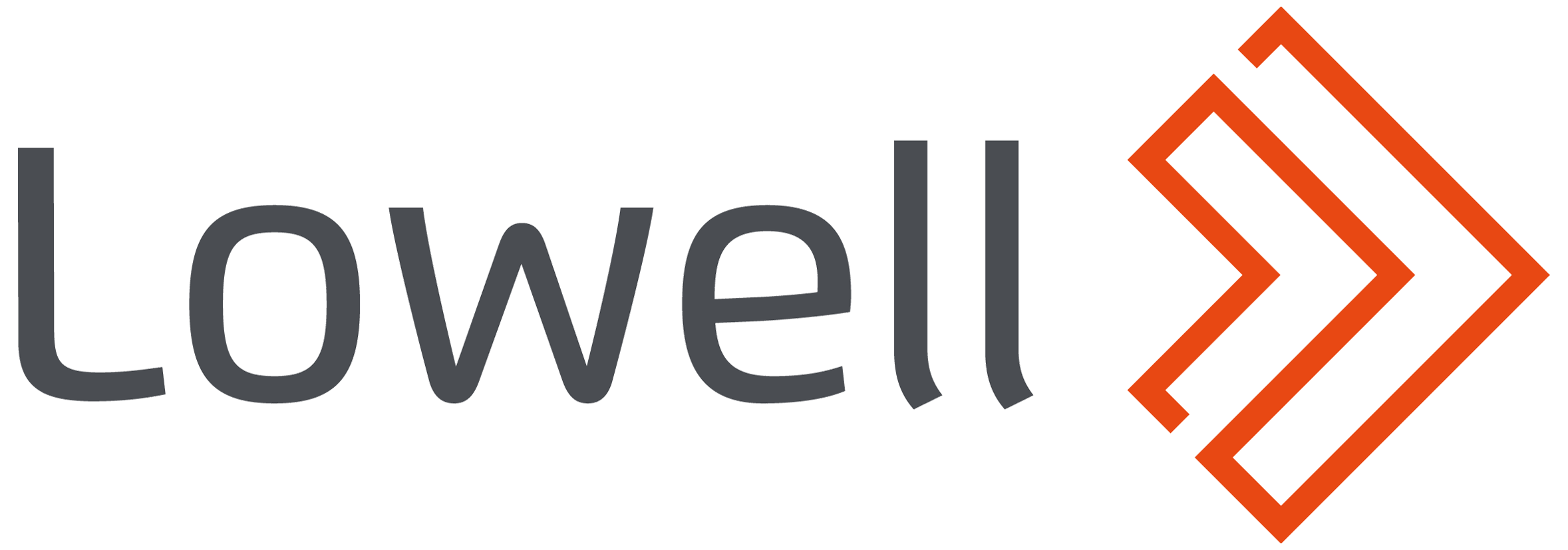How to pay off catalogue debt
What is catalogue debt?
Catalogue debt is a type of debt that you owe after buying something through a shopping catalogue with the intention of paying it back overtime. In short, you’ll have catalogue debt outstanding until you have either made the final payment or cleared the outstanding balance.
At Lowell, we understand that not everyone realises that you can find yourself in debt with a catalogue and how it may affect you. That’s why we’ve created this guide explaining what a catalogue debt is, what happens if you don’t pay catalogue debts, and where to get debt help and advice.
This content is intended to be an impartial guide regarding catalogue debt. Lowell Financial Ltd does not offer financial advice. You can find out more about the organisations you can contact in our guide on debt help and support.
Seek expert catalogue debt help and advice
Review your everyday spending
Reach out to your creditors for support
What happens if you don’t pay catalogue debts?
Can you get a CCJ for catalogue debt?
Can enforcement agents (bailiffs) come for catalogue debt?
Can you write off catalogue debt?
Does catalogue debt affect your credit score?
Do Lowell buy catalogue debt?
Pay off your catalogue debt and become debt-free with Lowell
First published: 8th March, 2024
Updated: 2nd July 2025




